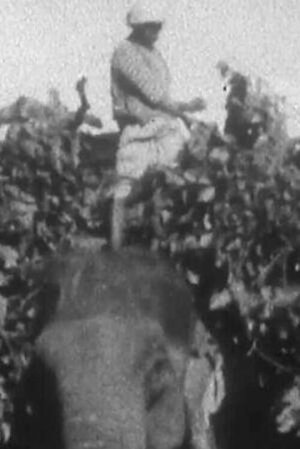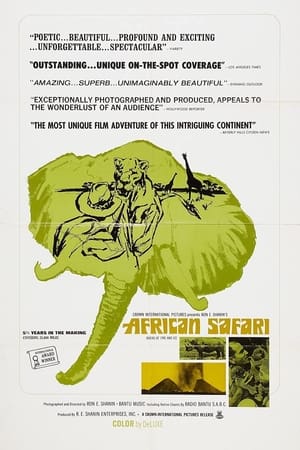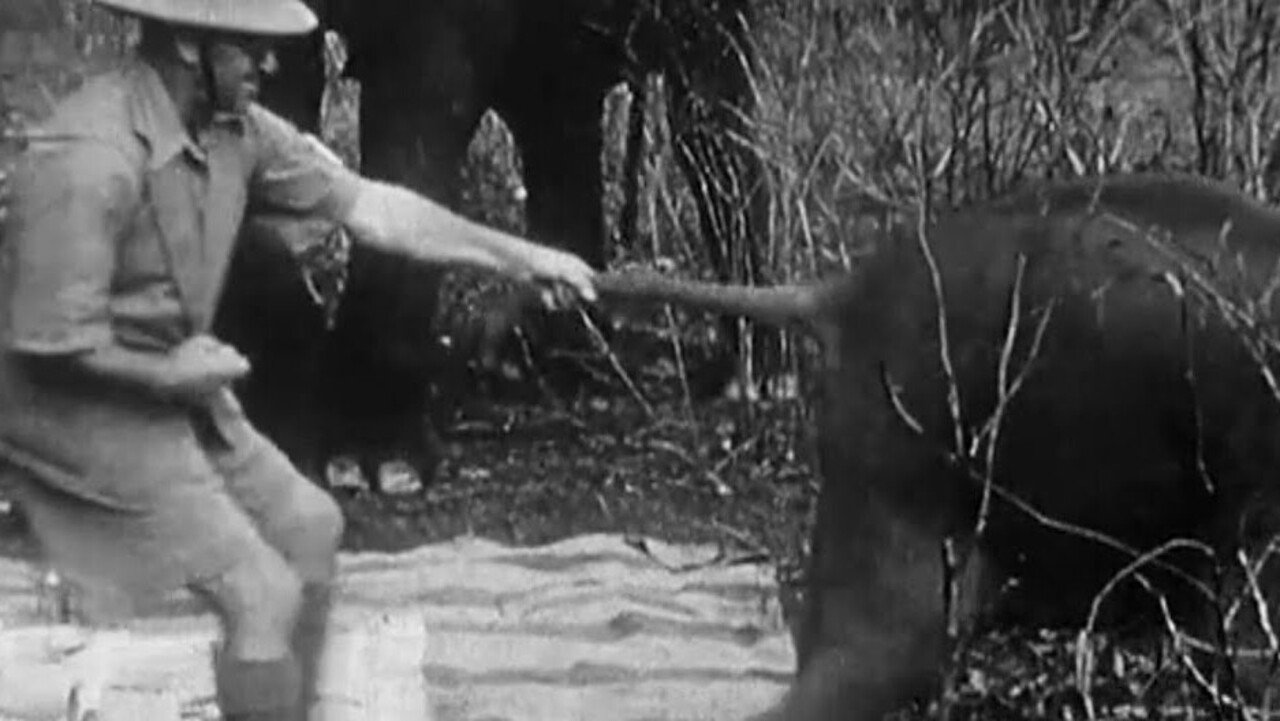
Indian Elephants in the Service of Man(1938)
Indian elephants in action as working animals and in hunting.

Movie: Indian Elephants in the Service of Man
Video Trailer Indian Elephants in the Service of Man
Similar Movies
Ancient India(en)
This Traveltalk series short visits a few locations where the centuries-old traditions of ancient India are kept alive in contemporary times.
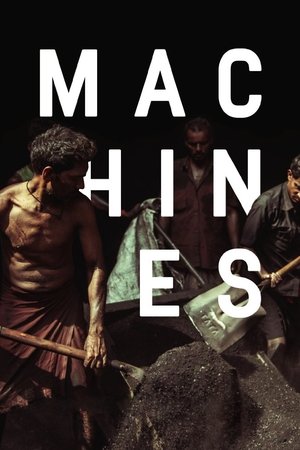 6.1
6.1Machines(hi)
This portrayal of the rhythm of life and work in a gigantic textile factory in Gujarat, India, moves through the corridors and bowels of the enormously disorienting structure—taking the viewer on a journey of dehumanizing physical labor and intense hardship.
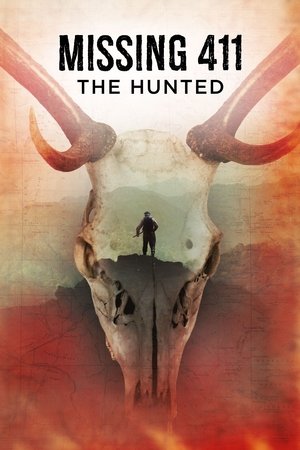 6.8
6.8Missing 411: The Hunted(en)
Hunters have disappeared from wildlands without a trace for hundreds of years. David Paulides presents the haunting true stories of hunters experiencing the unexplainable in the woods of North America.
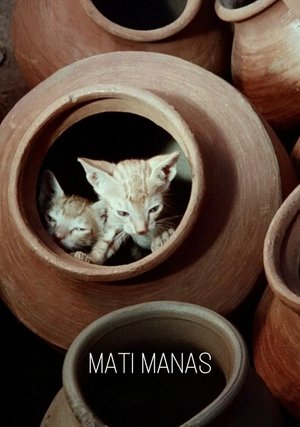 5.7
5.7Mind of Clay(hi)
In a poetic hour and a half, director Mani Kaul looks at the ancient art of making pottery from a wide variety of perspectives.
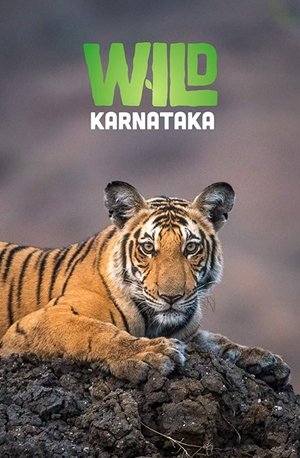 8.4
8.4Wild Karnataka(en)
An unprecedented UHD film on Karnataka's rich biodiversity narrated by David Attenborough. Portraying the state with highest number of tigers and elephants using the latest technology - a masterpiece showcasing the state, its flora, fauna.
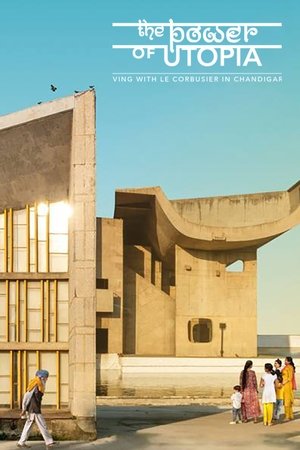 0.0
0.0The Power of Utopia: Living with Le Corbusier in Chandigarh(de)
With the construction of the Indian planned city of Chandigarh, the Swiss and French architect Le Corbusier completed his life's work 70 years ago. Chandigarh is a controversial synthesis of the arts, a bold utopia of modernity. The film accompanies four cultural workers who live in the planned city and reflects on Le Corbusier's legacy, utopian urban ideas and the cultural differences between East and West in an atmospherically dense narrative.
Man Versus Man(en)
Man-pulled rickshaw, which have served Kolkata for over eight decades face virtual extinction as a result of legislation introduced by the State Government in 1981. This would rob over 100,000 people of a living. The film analyzes the critical situation, and on the basis of concrete facts and figures, questions whether such a step would be fruitful at all. The image of a man pulling a man is a depressing and a negative one - but not more negative than that of the image of a man going without food.
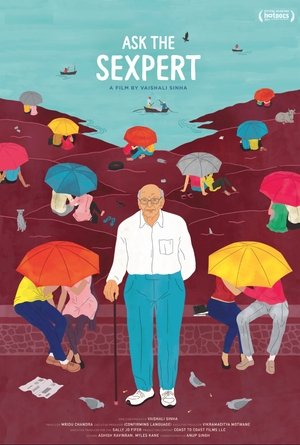 7.4
7.4Ask the Sexpert(en)
A sex columnist gains popularity even while a ban on comprehensive sex education in schools is adopted by approximately a third of India’s states.
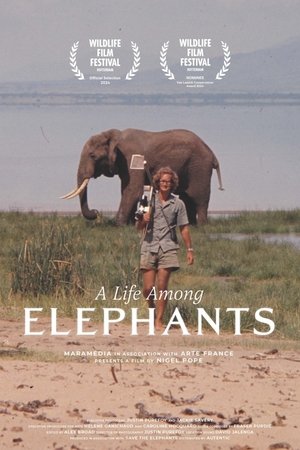 0.0
0.0A Life Among Elephants(en)
60 years ago, almost nothing was known of elephants in the wild. But then one young Scottish biologist changed that forever. In 1965 Iain Douglas-Hamilton arrived in Tanzania to live alongside African elephants. Later joined by his wife Oria and daughters Saba and Dudu, elephants became central to their lives with matriarch Boadicea and gentle young mother Virgo cherished like human relatives. But this garden Eden was short-lived as an ivory poaching epidemic swept across Africa forcing Iain to switch from pioneering scientist to maverick conservationist. He became a lone crusader against the international Ivory trade which was finally banned in 1989. Now back in the field and revealing even more about the fascinating world of elephants, Iain’s work continues alongside a new generation of Kenyan conservationists. This inspiring documentary combines stunning wildlife imagery with the story of a remarkable life showing how sometimes you have to stand alone to protect what you love.
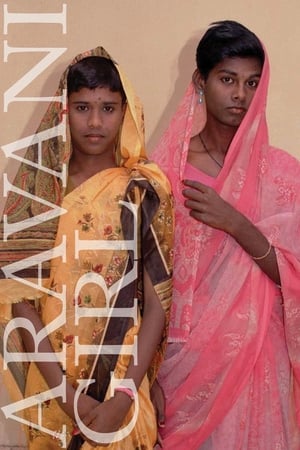 0.0
0.0Aravani Girl(en)
Sixteen year olds Palani and Karthik want to become "ladyboys." They're bullied in school and beaten by their families. Their parents would like to see them grow up as normal boys, but they're falling deeper and deeper into the world of the "Aravanis." Loved as dance performers but hated as homosexuals, their stories emblazon the inner conflicts of India's gender culture today.
Kaali Goes for Seal Hunting(en)
One day in the lives of an average Greenlandic family, which happens to be of great importance for 8-year old Kali - he's about to catch his first prey with the harpoon. The whole family is looking forward for the huge step in boy's maturation.
 6.1
6.1The Hunters(en)
An ethnographic film that documents the efforts of four !Kung men (also known as Ju/'hoansi or Bushmen) to hunt a giraffe in the Kalahari Desert of Namibia. The footage was shot by John Marshall during a Smithsonian-Harvard Peabody sponsored expedition in 1952–53. In addition to the giraffe hunt, the film shows other aspects of !Kung life at that time, including family relationships, socializing and storytelling, and the hard work of gathering plant foods and hunting for small game.
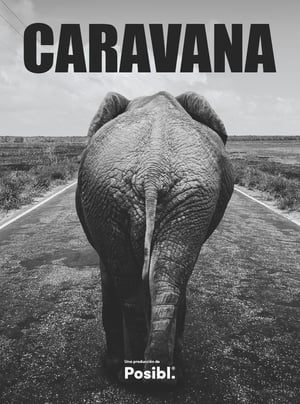 0.0
0.0Caravan(es)
An elephant torn from her family, ill and locked up for half a century; an industry that is reluctant to cease to exist; economic and political interests that ruined her life; and a society that has changed forever. Caravan is the story of the elephant Pelusa and the historic journey that will make her the first elephant in South America to cross two countries. Risking her life to touch another elephant for the first time, Pelusa´s caravan will undoubtedly set a precedent that will not only leave the business of elephants in captivity mortally wounded, but will open the possibility for 10 other elephants that are in captivity today in Argentina and more than 40 in the region. What justifies captivity during a lifetime of a species? Does the fact that the existence of wild animals in zoos continue to be legal makes it an ethical attraction? Is it possible to reconvert zoos into a conservation space?
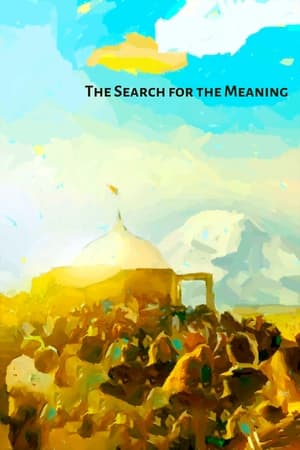 10.0
10.0The Search for the Meaning(es)
"The Search for the Meaning" is a collective experience, carried out with the audiovisual contribution of countless people who record their testimonies and spiritual experiences in 19 countries, to show a new spirituality that is being born...
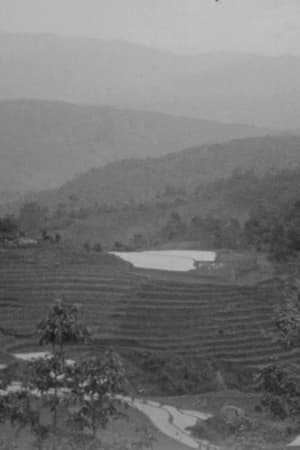 0.0
0.0Trip to Manipur(en)
Amateur film of a road trip through northeastern India, showing traditional dances and a gigantic flower float.
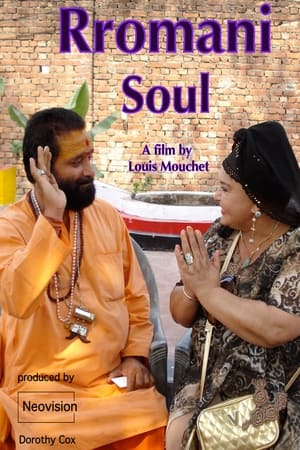 0.0
0.0Rromani Soul(en)
RROMANI SOUL traces the true origin of the Rroma people. Through rituals, song and dance we follow emblematic figure and "Queen of the Gypsies" Esma Redzepova to Macedonia, south of France and finally to India. The film reveals for the first time ever that the true and unique origin of the Rroma is Kannauj in Uttar Pradesh, India.
